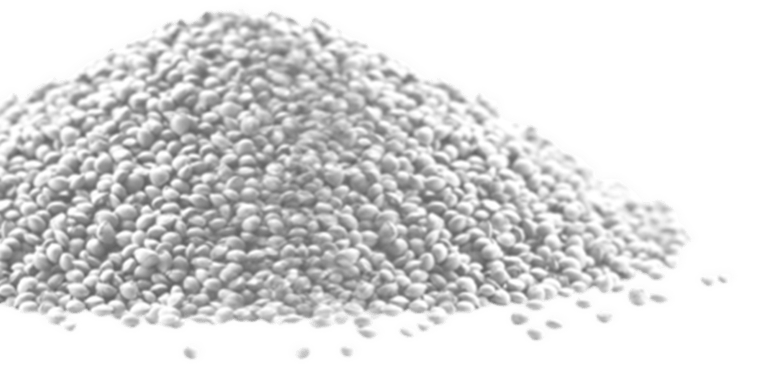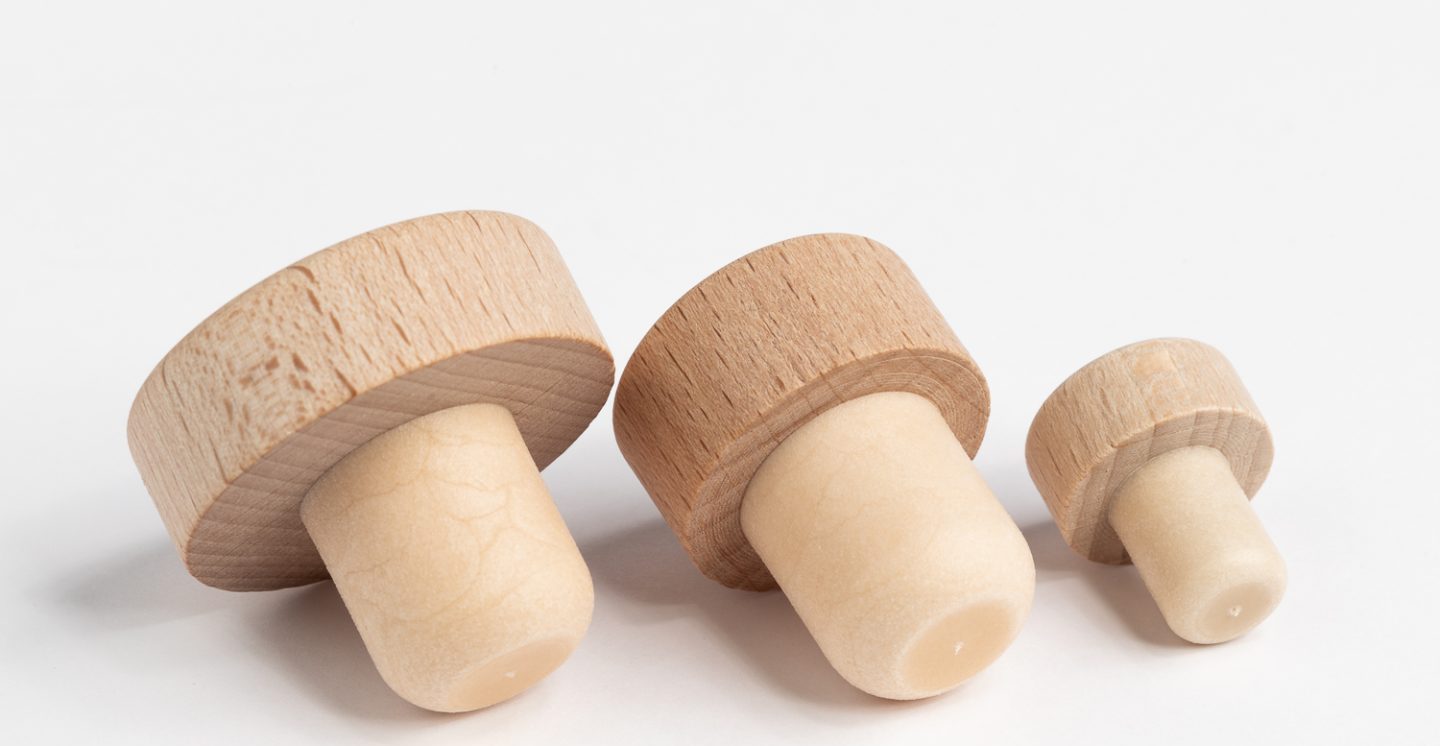
Bar-top stoppers made from bioplastic:
The transformation to a more sustainable solution for the stopper market
We are happy to help.
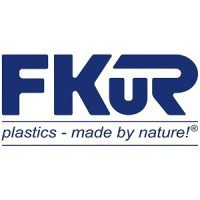
Sales team
Most spirits enjoyed today reach consumers in a standard format: glass bottles with cork closures. Stoppers for spirit bottles are often made from natural cork, which is harvested from the bark of the cork oak (Quercus suber). These cork oaks primarily grow in the Mediterranean region, particularly in countries like Portugal and Spain. Natural cork is cut into sheets and then shaped into cork closures. There are also technical cork closures made from cork dust and a binder, as well as synthetic corks made from plastic. Depending on the product type and desired characteristics, one of these three options has been chosen so far. Now, spirit and gourmet food enthusiasts have an additional option: innovative bar-top stoppers made from 100% recyclable bioplastic, Bio-Polyethylene (Bio-PE). These sustainable closures combine the tradition of cork stoppers with the benefits of a synthetic cork and modern environmental friendliness.
Sustainable cork concept revolutionizes bottle packaging: bar-top stoppers made from renewable raw materials
dkm Danz & König Mikroschäume GmbH develops and produces high-quality bottle closures for the spirits industry and gourmet market, including grip corks that stand out in the market due to the use of special materials and technologies. The classic combination of glass bottles and cork closures is now receiving a sustainable update from dkm:
The use of Braskem’s I´m green™ bio-based PE enables the production of corks from renewable raw materials, which not only ensures the consistency and quality of gourmet food and spirits but also advances more sustainable packaging solutions. Unlike conventional polyethylene (PE), the ethanol used to produce Green PE is derived from sugarcane rather than petroleum. Nevertheless, the bio-based plastic material has the same properties as its fossil counterpart.
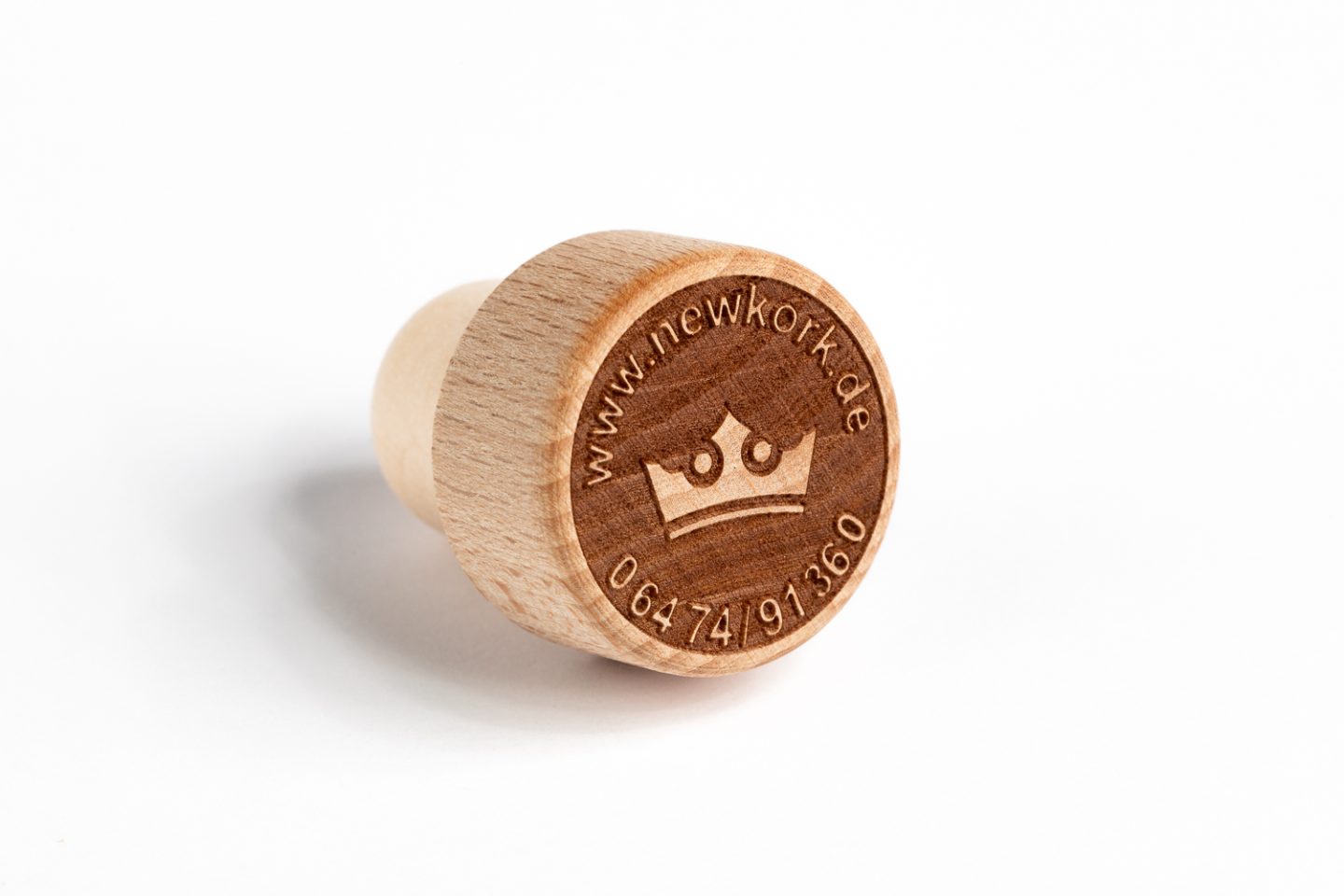
Aroma protection
Synthetic corks are generally very dense and offer a reliable seal that minimizes air ingress and liquid loss. Like corks made from fossil plastics, corks made from Bio-PE also provide a reliable barrier against oxygen exchange in the bottle, thus preserving the aroma and flavor of the contents optimally.

Faster renewable: sugarcane compared to cork oaks
Sugarcane grows significantly faster than cork oaks. While cork oaks take decades to become harvest-ready, sugarcane is a renewable plant that can be harvested annually, making it a sustainable and quickly available source of sugar and bioethanol.
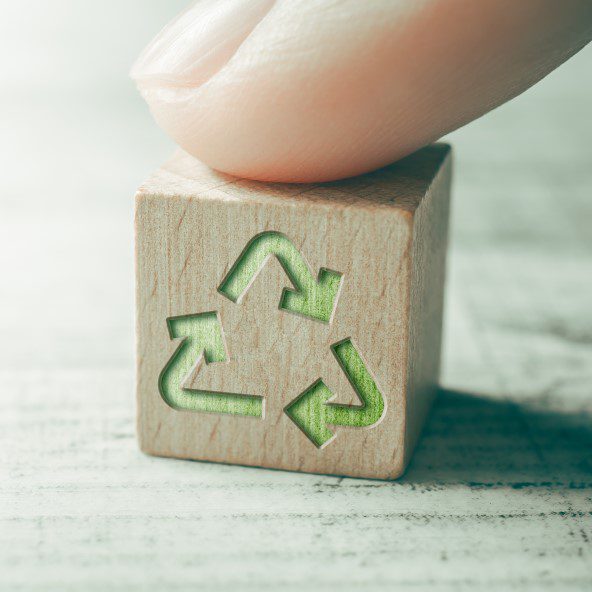
Recyclability
Synthetic corks are particularly popular because they can be made in various shapes and colors, allowing manufacturers to match them to their bottle design. Corks made from Green PE also offer this design versatility and, like fossil-based synthetic corks, are recyclable through established recycling streams. Additionally, there are specialized programs and initiatives focusing on the recycling of plastic corks.
Are you also considering renewable raw material alternatives in your product range?
Contact us to learn more about this innovative bio-based plastic. Together, we can find the best solution to reduce the ecological footprint of your products or packaging while still presenting them with high quality.

Case Study
dkm Danz & König Mikroschäume GmbH
“The symbiosis of high product quality, good price-performance ratio and sustainable management has led us to our partner FKuR and its products. We look forward to a long-term cooperation!”


